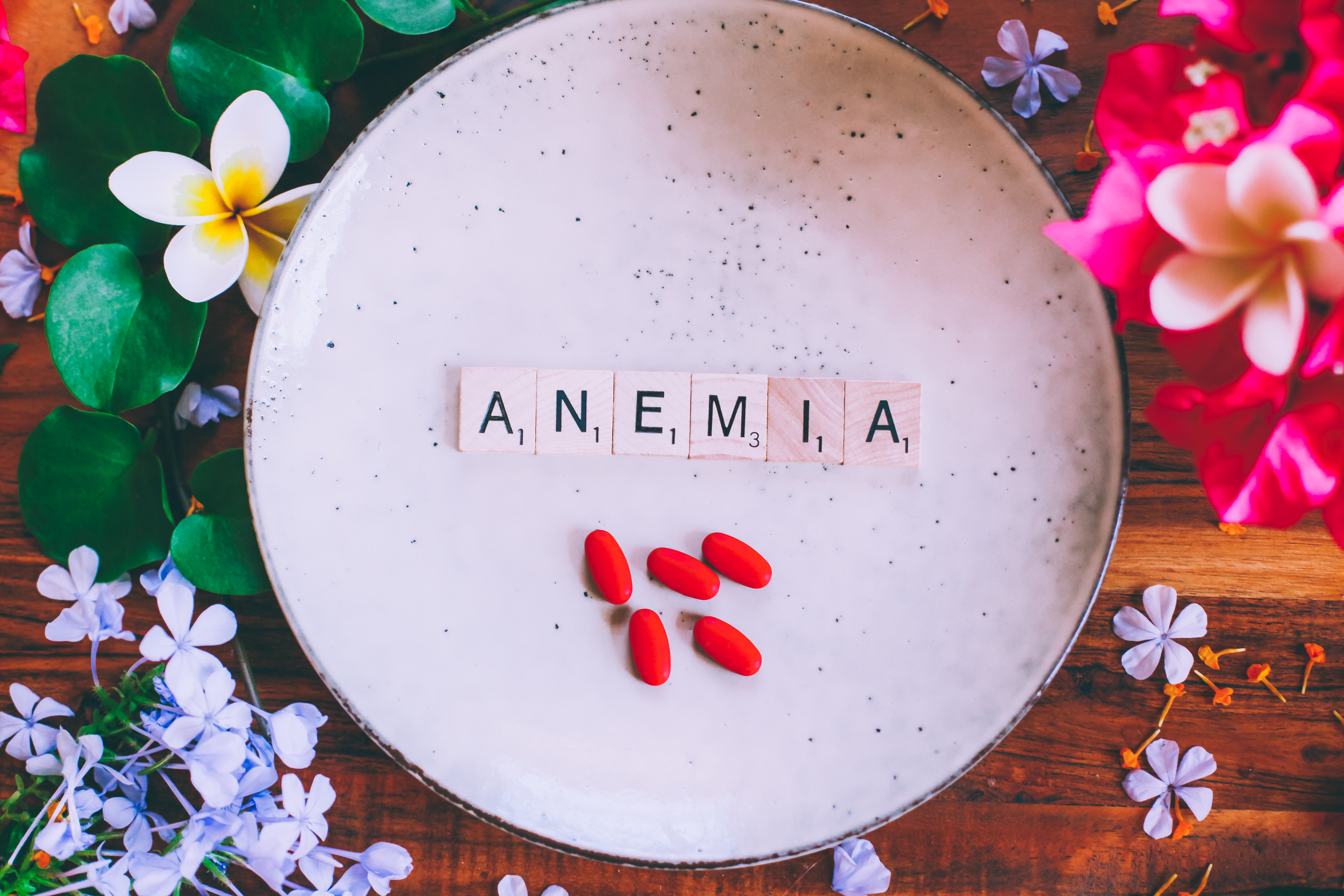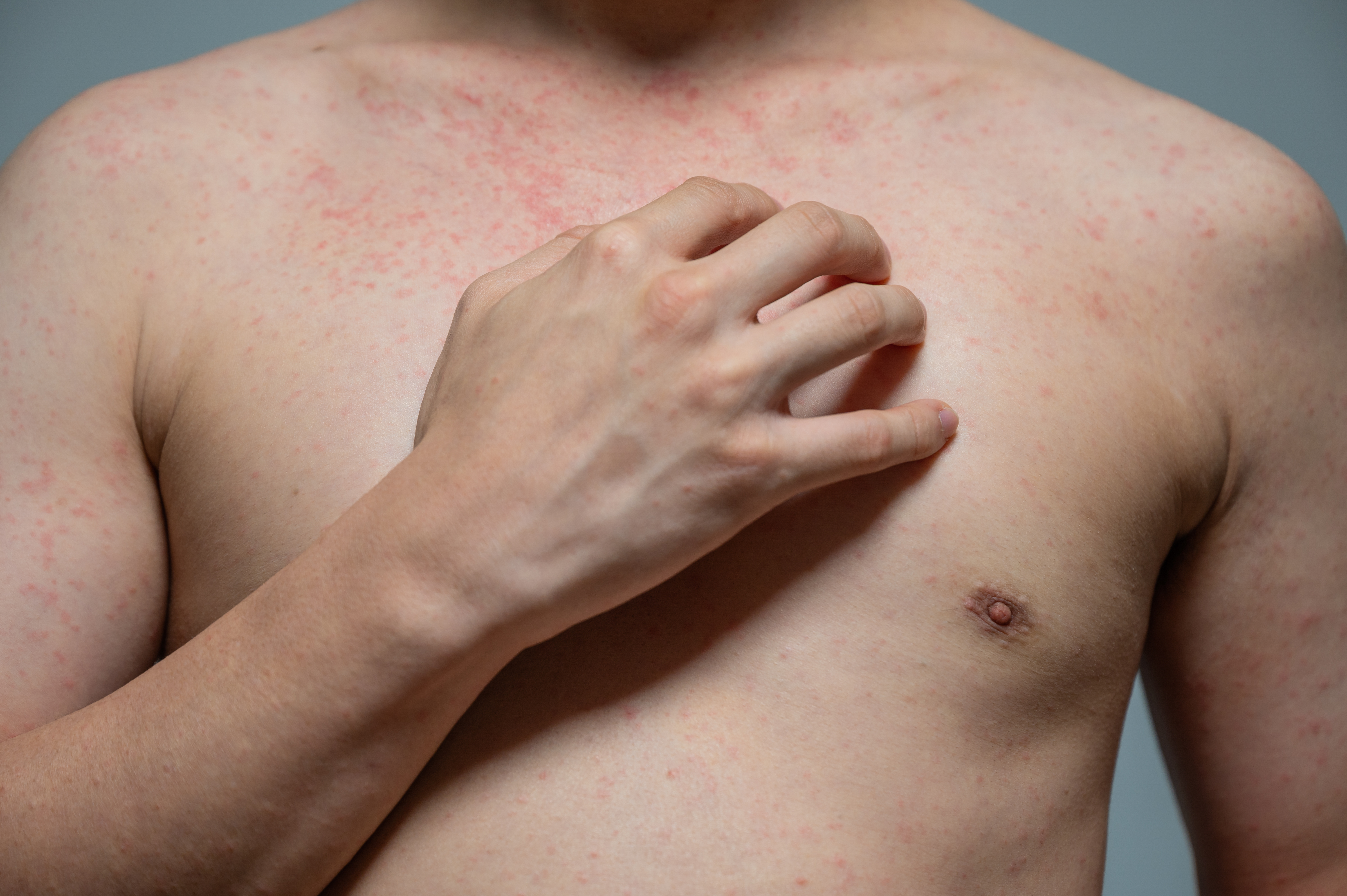10 Crucial Warning Signs of Celiac Disease You Shouldn’t Ignore
3. Anemia: The Hidden Deficiency

Anemia, particularly iron-deficiency anemia, is a common symptom of celiac disease. The damage to the small intestine affects the absorption of vital nutrients, including iron, which is essential for the production of hemoglobin in red blood cells. As a result, individuals with celiac disease may develop anemia, leading to symptoms such as fatigue, weakness, dizziness, and pale skin. In some cases, they may also experience shortness of breath or an increased heart rate. Anemia can be particularly insidious because it may develop gradually, making it difficult to pinpoint the exact cause. If left untreated, it can lead to more severe complications, such as heart problems or developmental delays in children. Therefore, if you experience symptoms of anemia and have other risk factors or symptoms of celiac disease, it is crucial to seek medical evaluation. A simple blood test can help determine your iron levels and guide further testing for celiac disease.
4. Dermatitis Herpetiformis: The Skin Connection

Dermatitis herpetiformis (DH) is a skin manifestation of celiac disease, characterized by an intensely itchy and blistering rash. This condition occurs when gluten ingestion triggers an immune response that affects the skin, rather than the gut. The rash typically appears on the elbows, knees, buttocks, and scalp, and can be extremely uncomfortable. While DH is not as common as other symptoms of celiac disease, it is a definitive indicator of the condition. People with DH often have a milder form of intestinal damage, but the presence of the rash alone is enough to diagnose celiac disease. Treatment involves a strict gluten-free diet, which helps alleviate the rash over time, and may also include medications to control itching. Recognizing DH is crucial, as it provides a direct link to celiac disease and can expedite diagnosis and treatment. If you suspect you have DH, consult a dermatologist or healthcare provider for evaluation and management.
